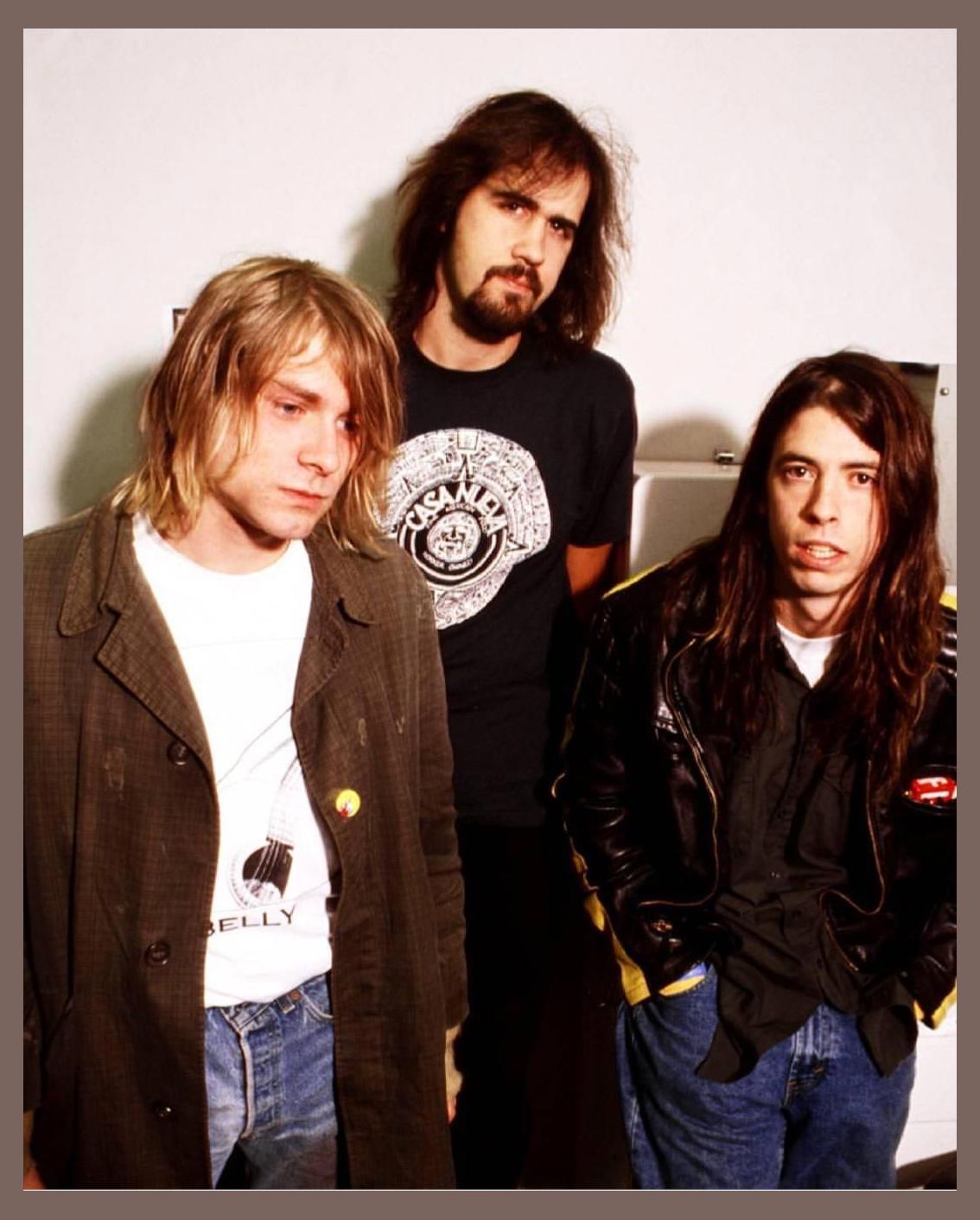 Nirvana
Nirvana
Nirvana: A Grunge Icon's Rise and Fall
In the turbulent musical landscape of the early 1990s, Nirvana emerged as an explosive force that shattered the boundaries of rock music. Led by the enigmatic Kurt Cobain, the band's raw and angst-ridden sound catapulted them to the forefront of the grunge movement.
Formation and Early Years
Nirvana's roots can be traced back to 1987 in Aberdeen, Washington. Cobain, a troubled and introspective teenager, teamed up with bassist Krist Novoselic to form a band. They auditioned several drummers before settling on Dave Grohl in 1990.
Breakthrough with "Smells Like Teen Spirit"
Nirvana's sophomore album, "Nevermind," released in 1991, became a defining moment in rock history. The album's lead single, "Smells Like Teen Spirit," was an instant hit, propelled by Cobain's searing vocals and the band's thunderous guitars. The song's rebellious lyrics and iconic music video resonated with a generation of alienated youth.
Fame and Controversy
Nirvana's newfound fame brought both adoration and scrutiny. Cobain struggled with the pressures of stardom and became increasingly withdrawn. The band's raw and confrontational style also drew criticism from some quarters, who accused them of glorifying drug use and violence.
Tragic End
Cobain's mental health deteriorated rapidly in the years following Nirvana's success. In 1994, at the age of 27, he committed suicide, leaving behind a legacy of raw talent and profound pain.
Discography
Nirvana released three studio albums and numerous singles during their brief but influential career:
* Bleach (1989)
* Nevermind (1991)
* In Utero (1993)
Legacy
Nirvana's impact on music was profound. Their grunge sound and raw emotional intensity inspired countless bands and shaped the alternative rock landscape of the 1990s. Cobain's enigmatic persona and tragic end have made him an enduring icon of the generation.
Members
* Kurt Cobain (vocals, guitar)
* Krist Novoselic (bass)
* Dave Grohl (drums)
In the turbulent musical landscape of the early 1990s, Nirvana emerged as an explosive force that shattered the boundaries of rock music. Led by the enigmatic Kurt Cobain, the band's raw and angst-ridden sound catapulted them to the forefront of the grunge movement.
Formation and Early Years
Nirvana's roots can be traced back to 1987 in Aberdeen, Washington. Cobain, a troubled and introspective teenager, teamed up with bassist Krist Novoselic to form a band. They auditioned several drummers before settling on Dave Grohl in 1990.
Breakthrough with "Smells Like Teen Spirit"
Nirvana's sophomore album, "Nevermind," released in 1991, became a defining moment in rock history. The album's lead single, "Smells Like Teen Spirit," was an instant hit, propelled by Cobain's searing vocals and the band's thunderous guitars. The song's rebellious lyrics and iconic music video resonated with a generation of alienated youth.
Fame and Controversy
Nirvana's newfound fame brought both adoration and scrutiny. Cobain struggled with the pressures of stardom and became increasingly withdrawn. The band's raw and confrontational style also drew criticism from some quarters, who accused them of glorifying drug use and violence.
Tragic End
Cobain's mental health deteriorated rapidly in the years following Nirvana's success. In 1994, at the age of 27, he committed suicide, leaving behind a legacy of raw talent and profound pain.
Discography
Nirvana released three studio albums and numerous singles during their brief but influential career:
* Bleach (1989)
* Nevermind (1991)
* In Utero (1993)
Legacy
Nirvana's impact on music was profound. Their grunge sound and raw emotional intensity inspired countless bands and shaped the alternative rock landscape of the 1990s. Cobain's enigmatic persona and tragic end have made him an enduring icon of the generation.
Members
* Kurt Cobain (vocals, guitar)
* Krist Novoselic (bass)
* Dave Grohl (drums)